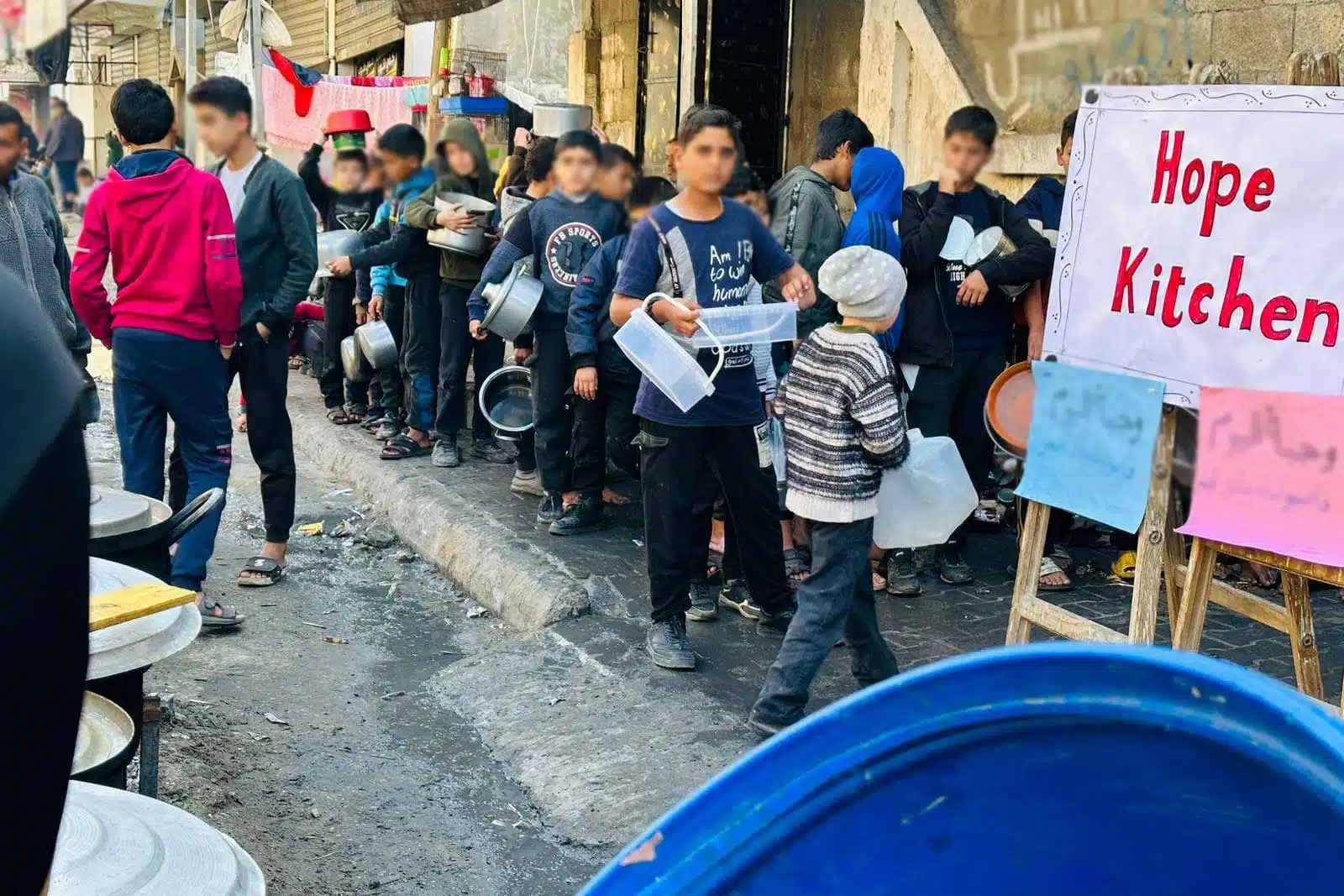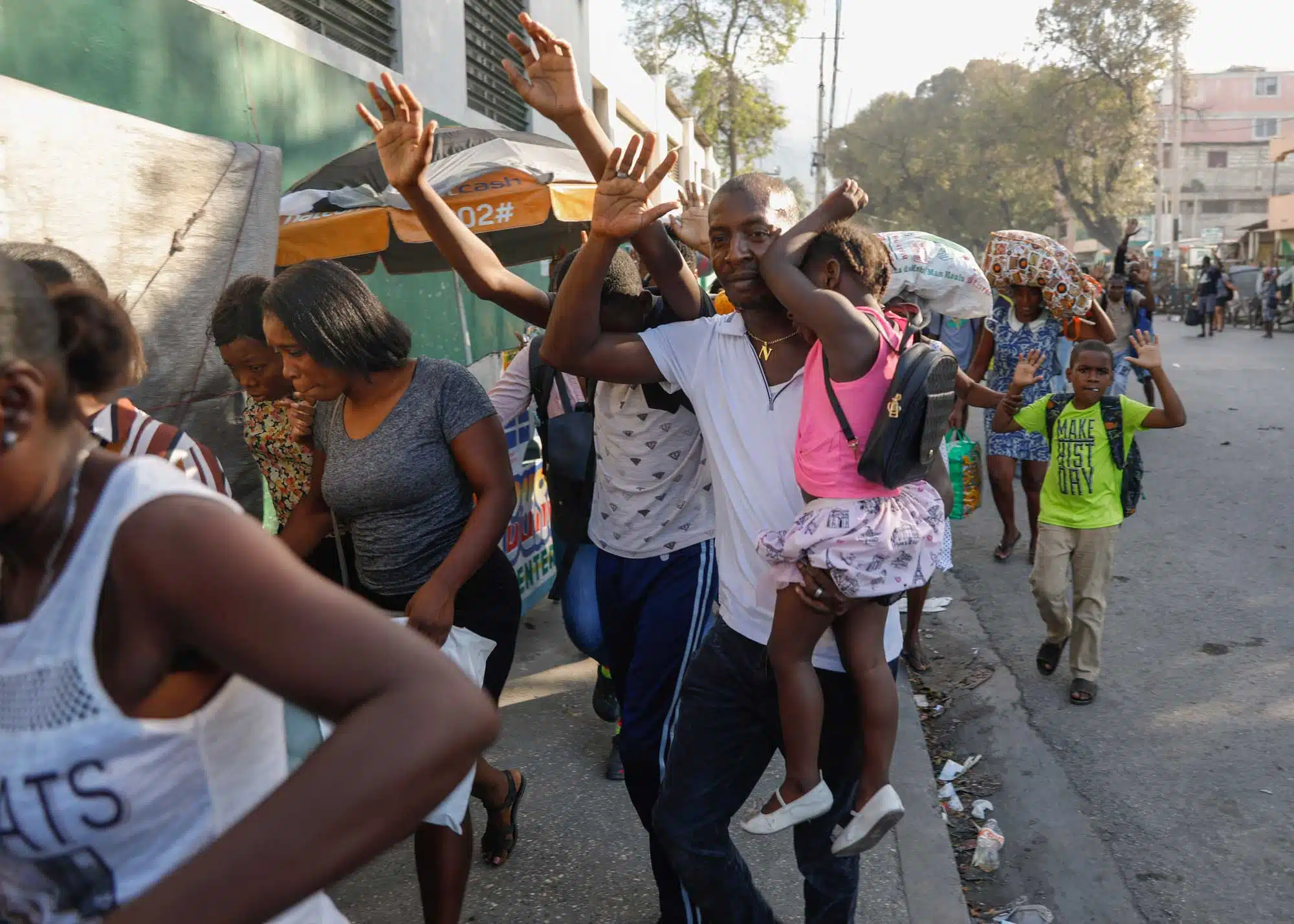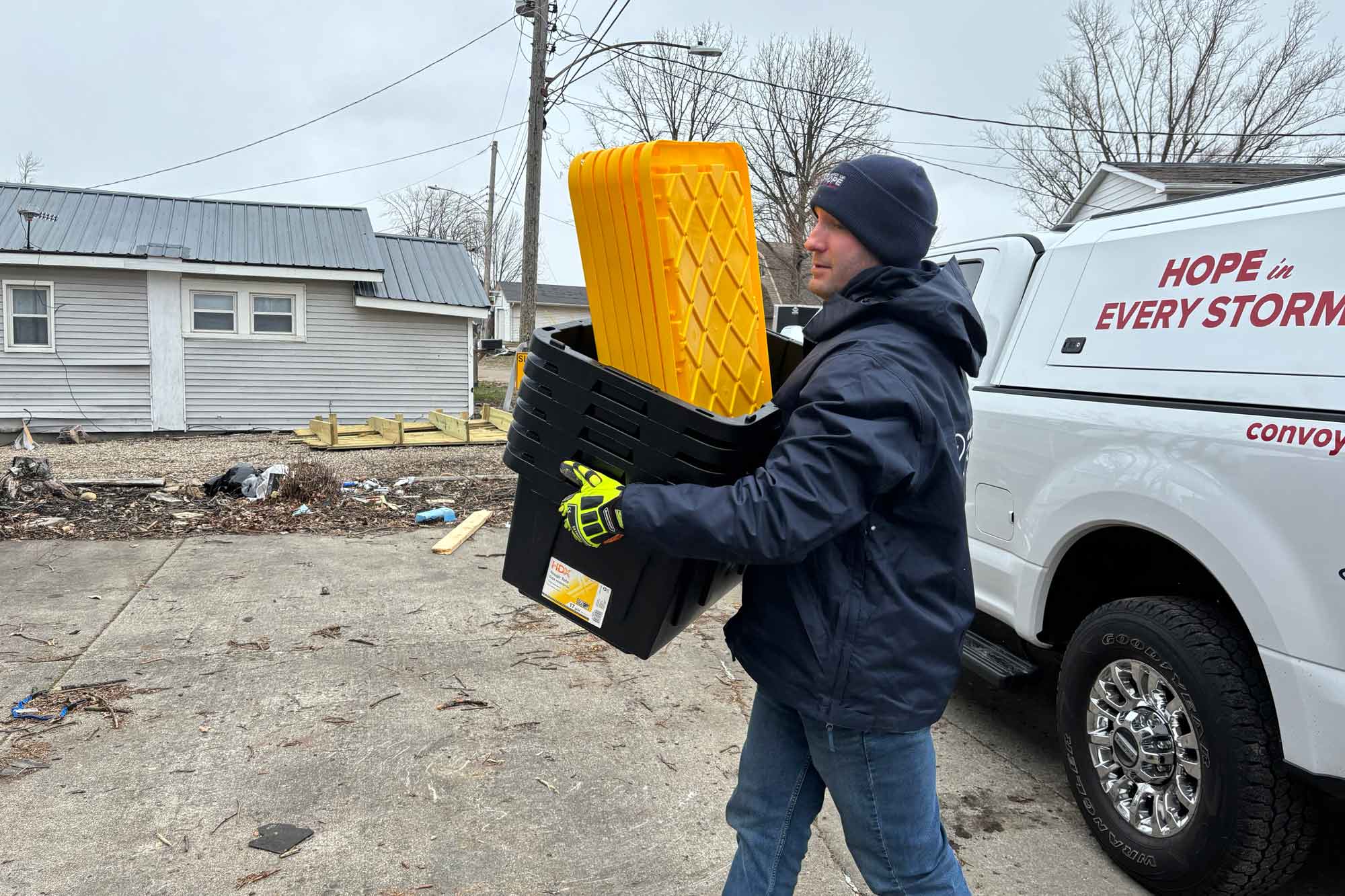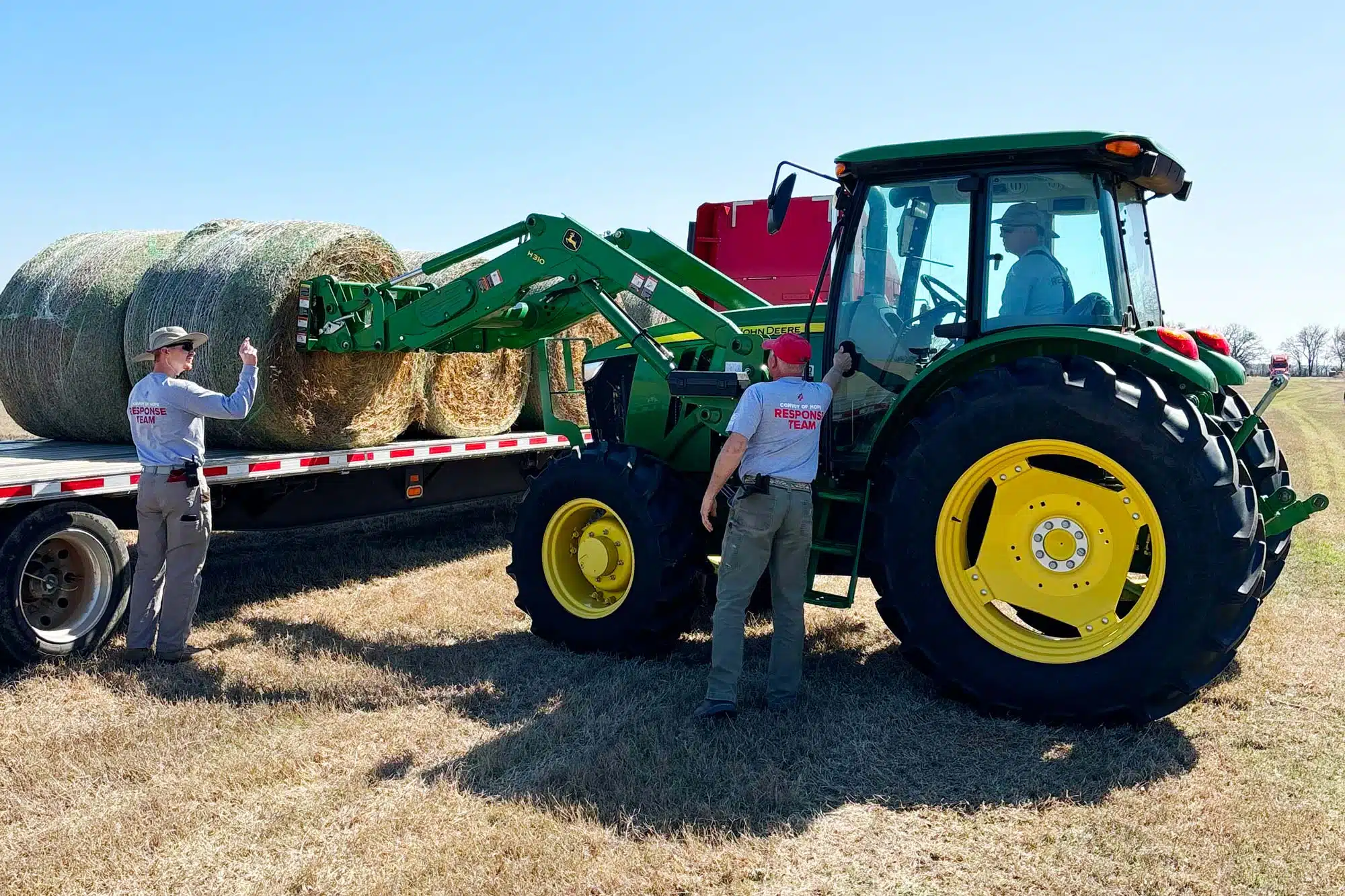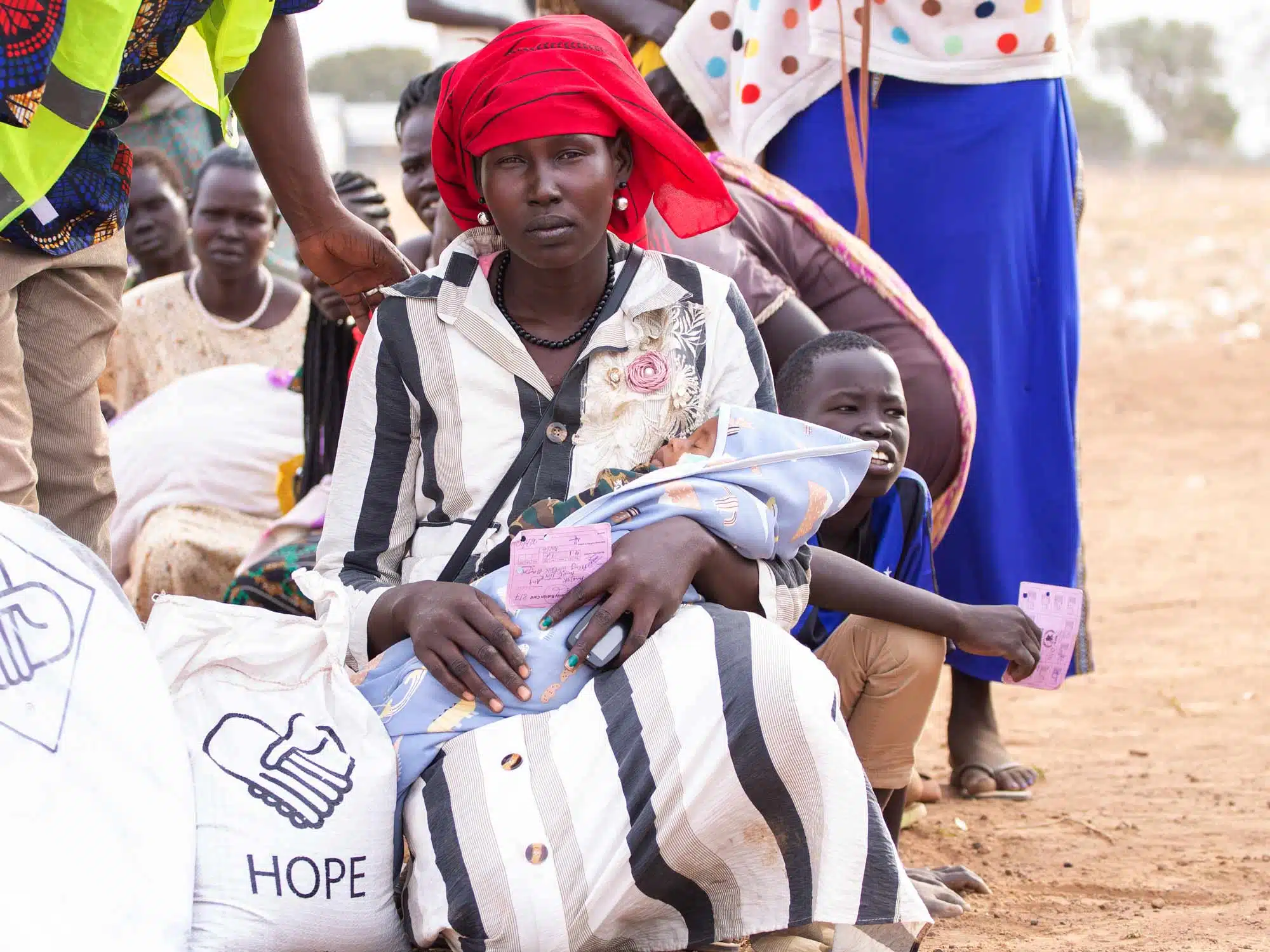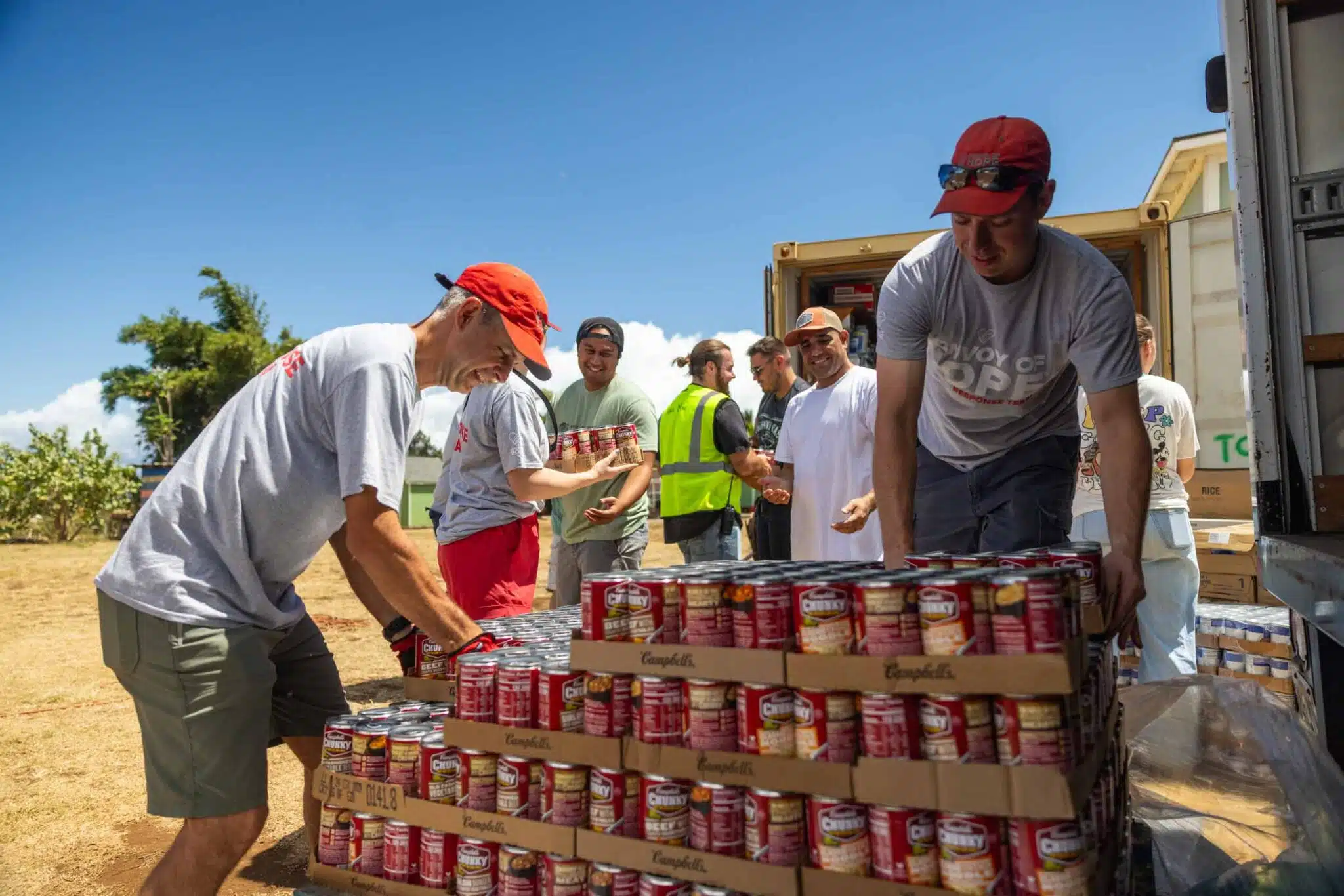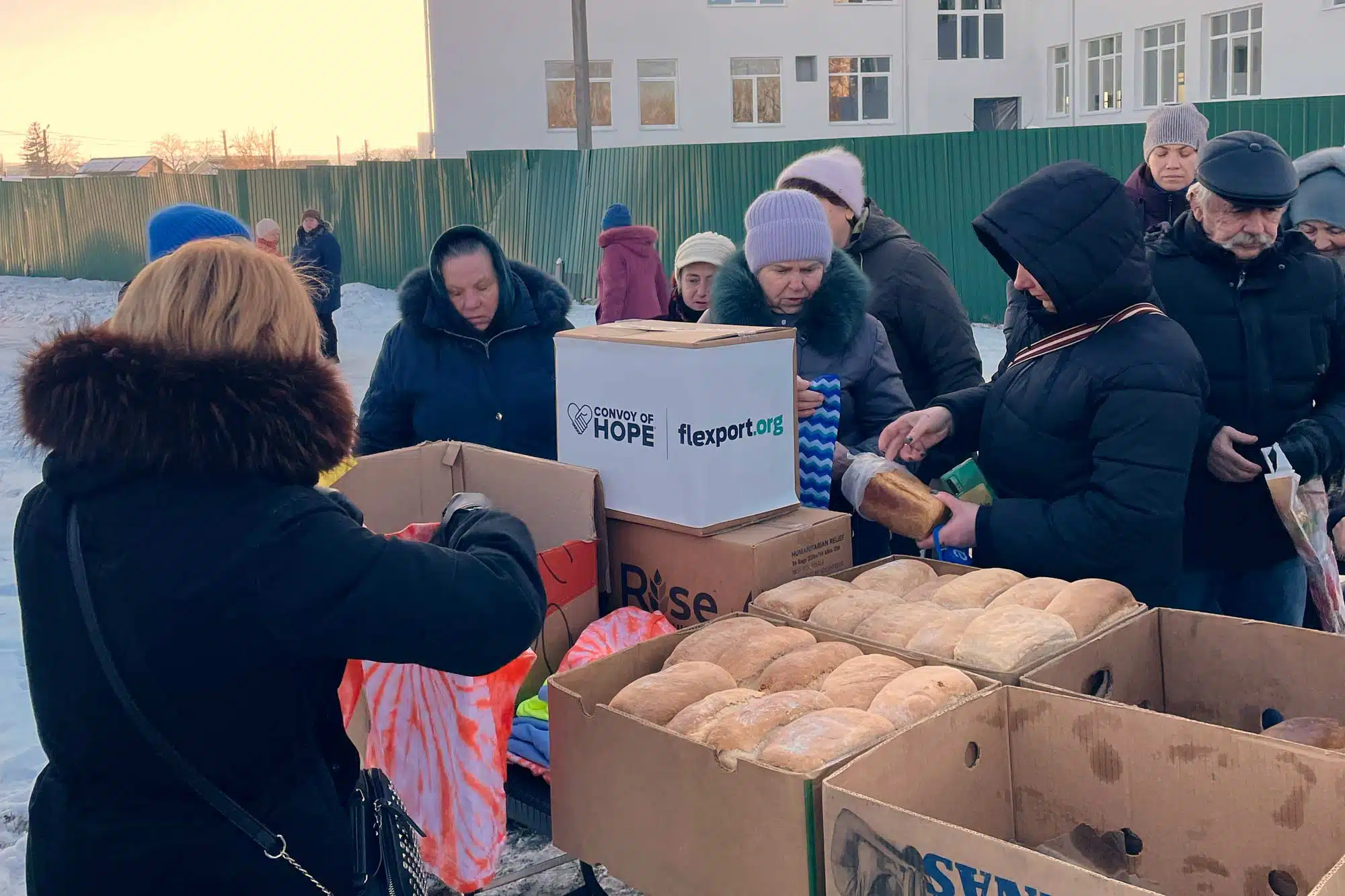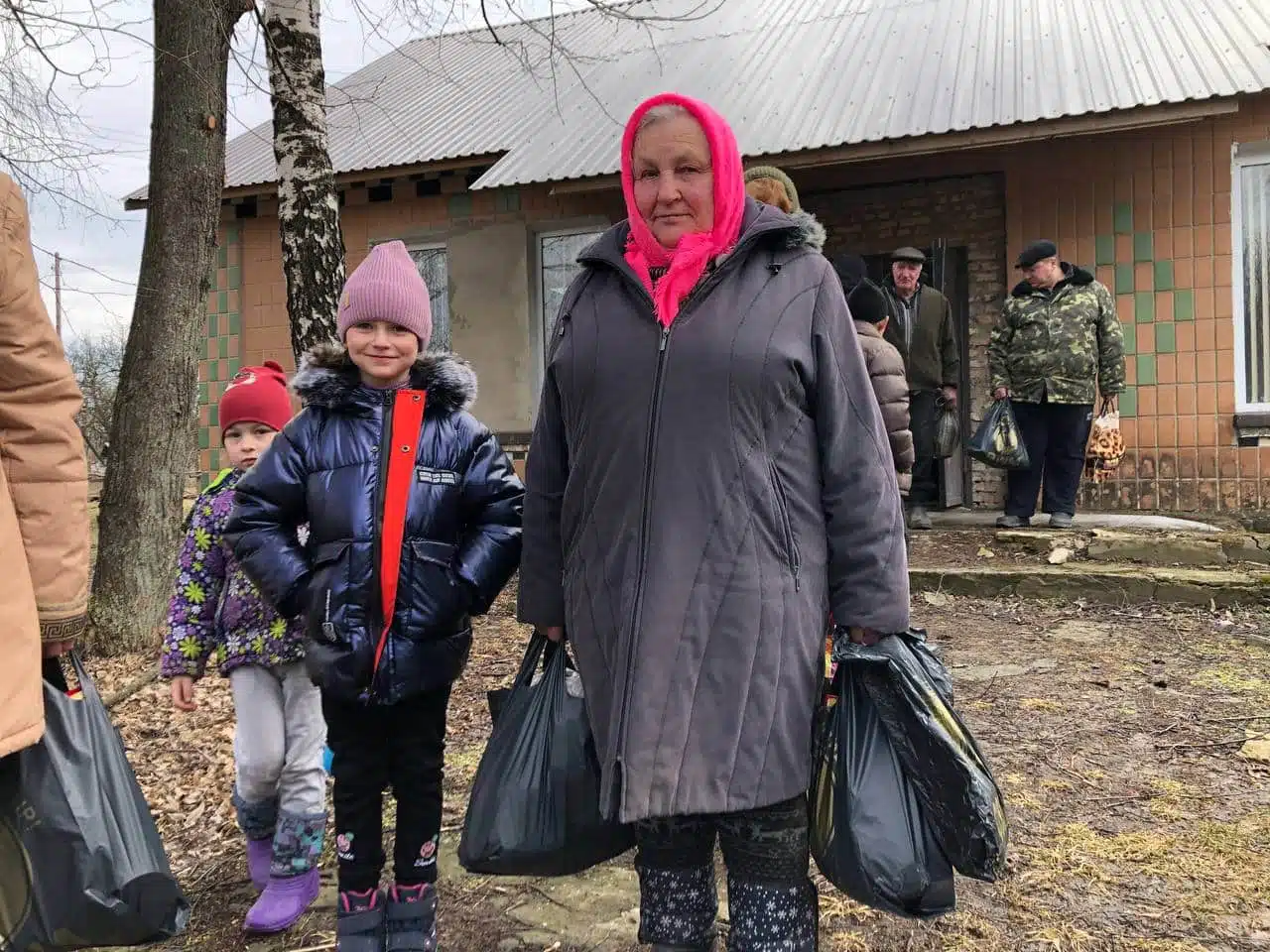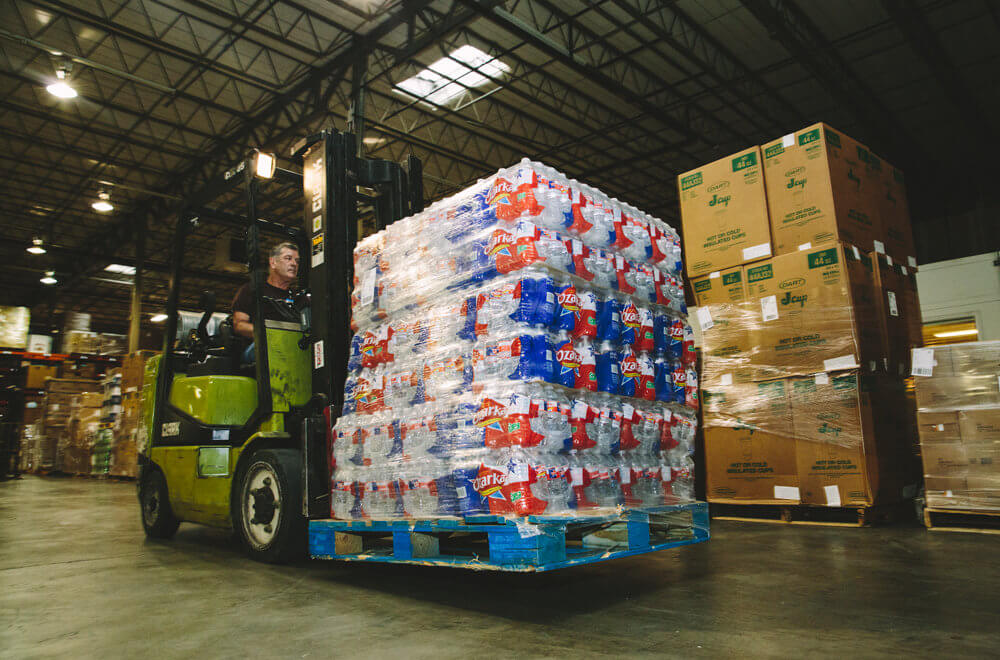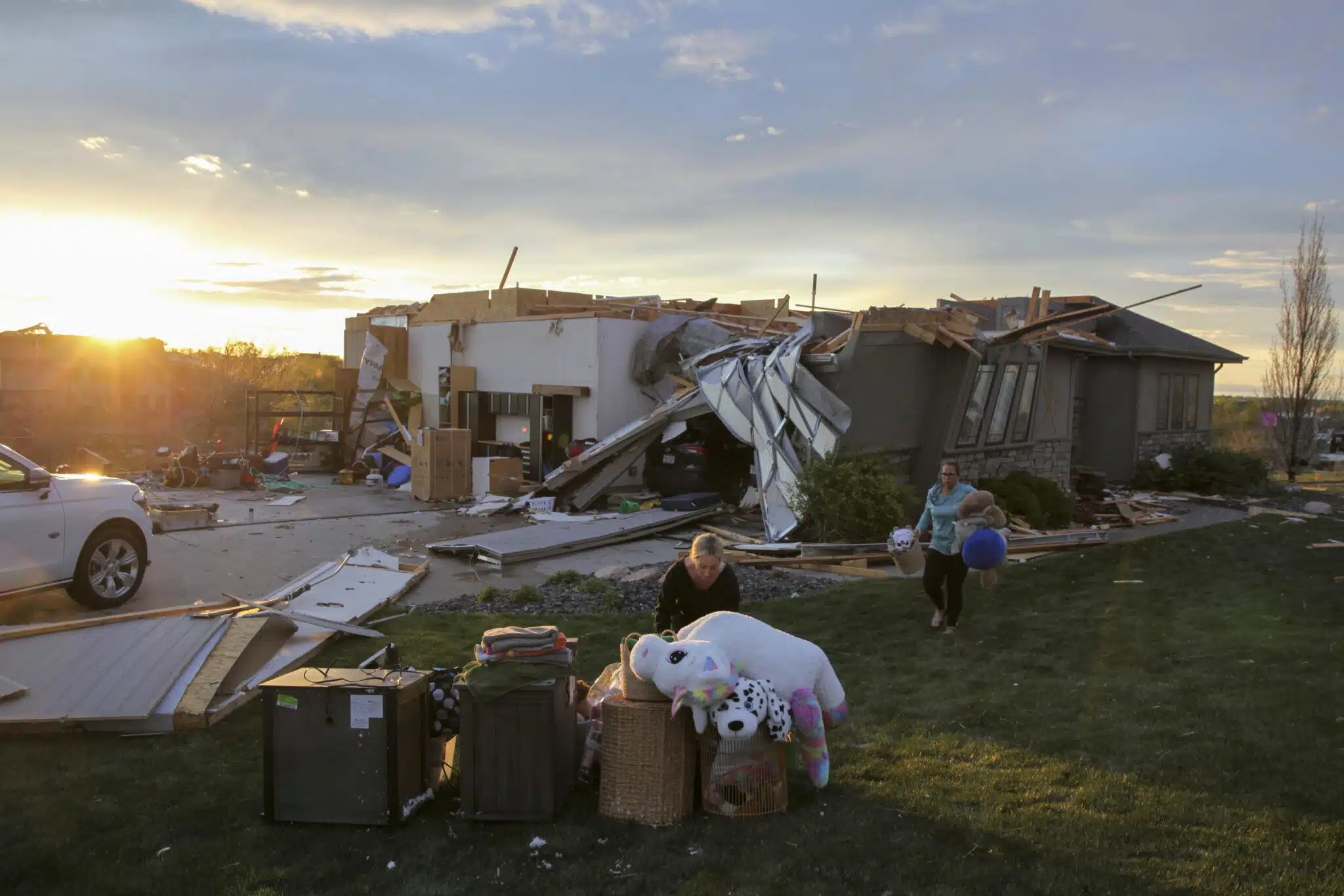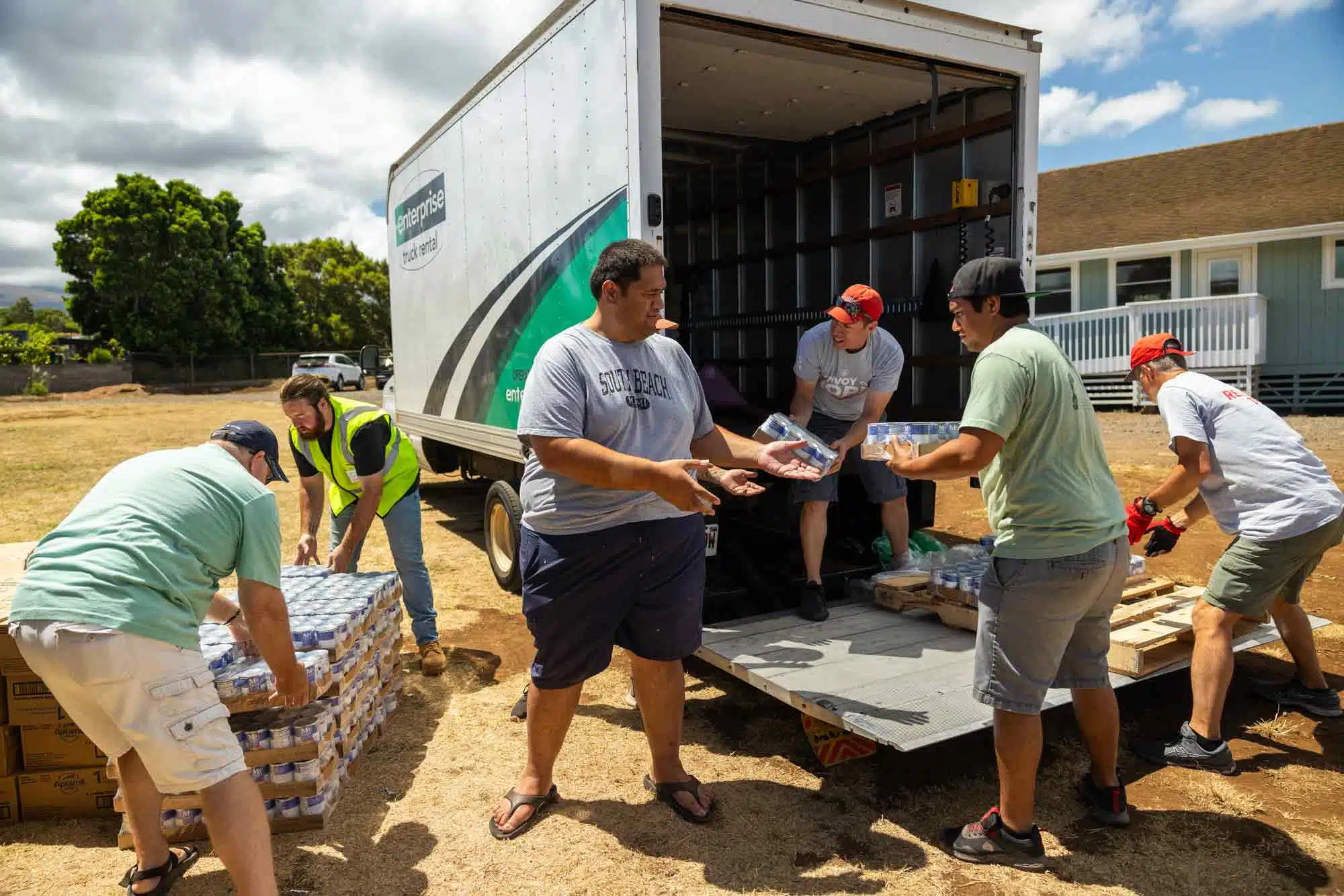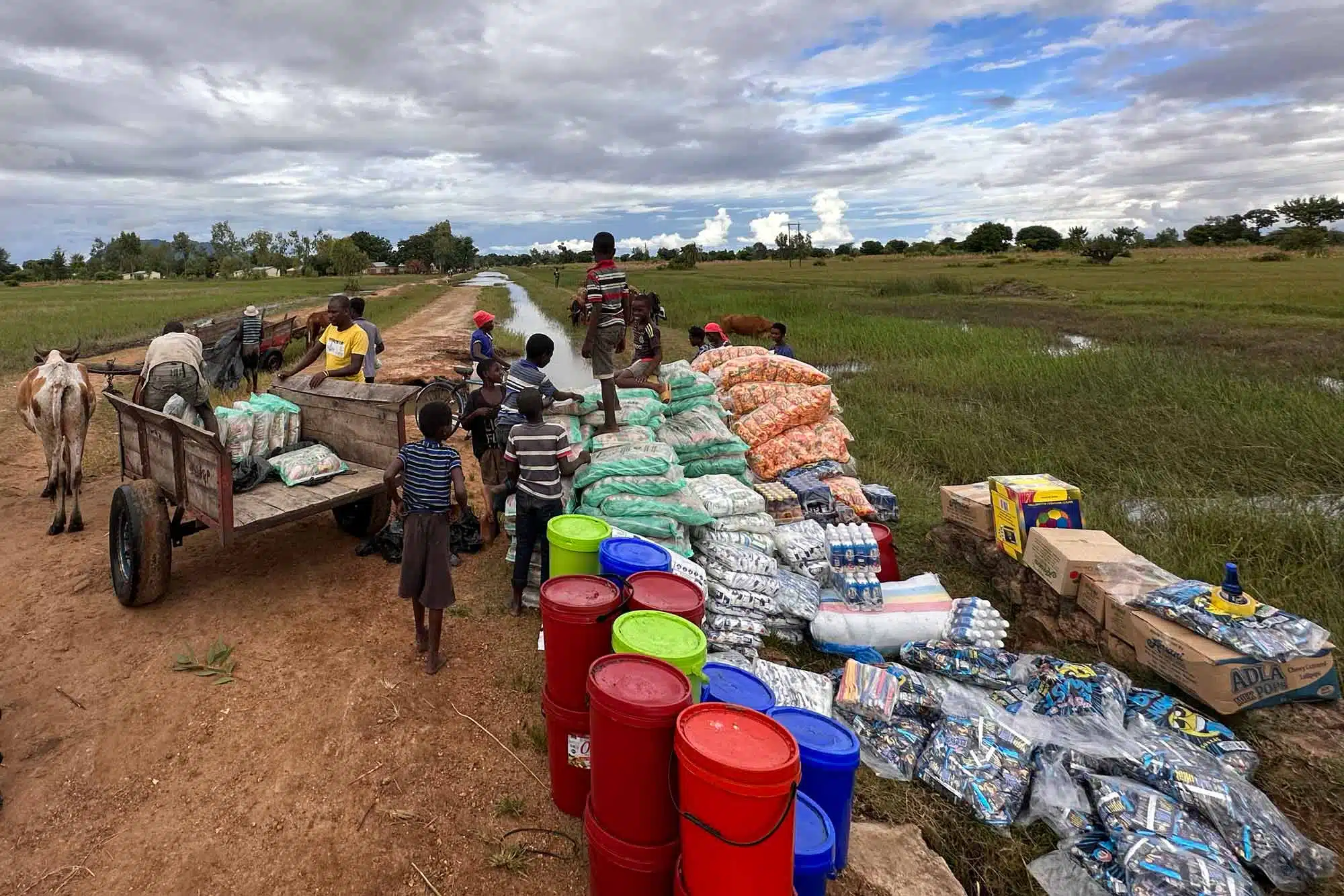
Photo above: Convoy of Hope distributed menstrual hygiene products provided by Days for Girls during the response to Cyclone Freddy in Malawi.
Convoy of Hope partners with Days for Girls to provide menstrual products and education to women in need during times of disaster.
When disaster strikes, many things demand survivors’ attention: food, drinking water, finding shelter, rebuilding their lives, and making it from one day to the next. Disasters are devastating on their own, but they’re made worse when women have to figure out how to take care of their periods. Since most menstruation happens once a month, periods can take women by surprise — especially if their mind is distracted by dealing with the chaos of a disaster.
“When women are displaced and stores are closed, the last thing you want to think about is taking care of your period,” said Convoy of Hope’s Alyssa Killingsworth.
At a time when resources are seriously limited, Convoy of Hope fills the gaps and provides menstrual health kits to give people the resources they need to safely manage their periods.
When Convoy responds to a disaster, menstrual health kits are an essential part of distribution events. In each kit, women receive a bar of soap, a wash cloth, new underwear, and menstrual pads. These kits help them safely manage their periods in a situation where resources may become limited or unavailable.
Providing Hope in Cyclone Relief
In early 2023, Cyclone Freddy made landfall in southeastern Africa. Freddy was an exceptionally long-lived, powerful, and deadly storm. Among the damage it caused, it triggered catastrophic flash flooding in Malawi. In response to this flooding, Convoy of Hope partnered with Days for Girls to provide and distribute menstrual health kits within days of the disaster. When the need increased again months later, another distribution took place.
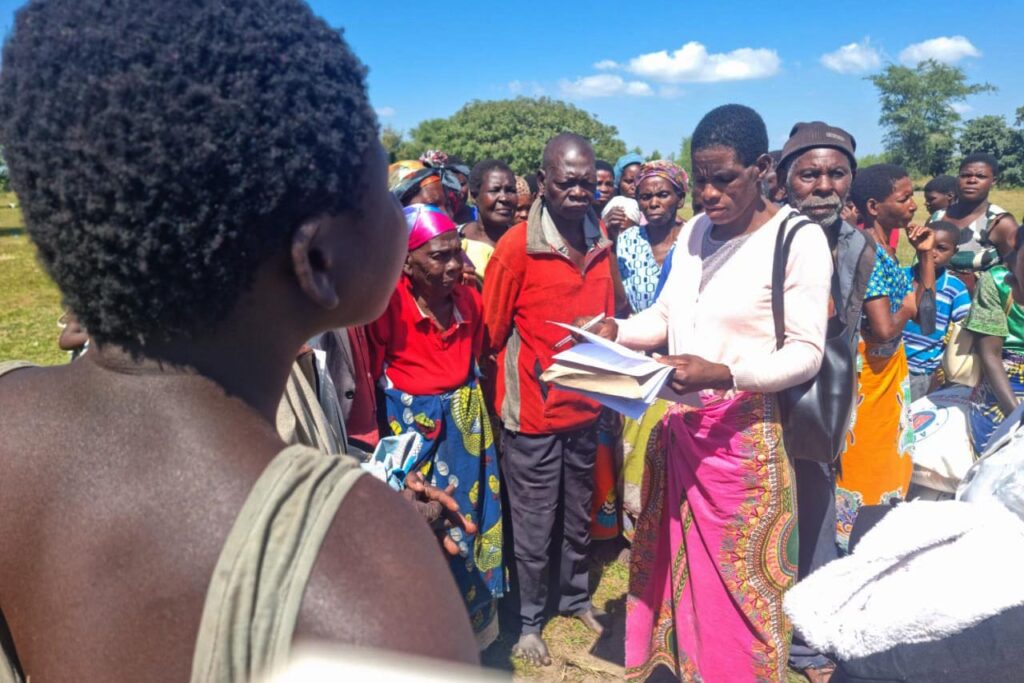
Education to End Poverty
Period poverty is a term used to describe the struggle many women and girls face when they do not have consistent access to adequate menstrual health education and management supplies. This can have serious consequences, such as health challenges, stigmatization, shame, and absences from school and work.
“Menstruators don’t realize until the problem is solved how much of their dignity is tied into their ability to manage their period and [when they] are educated on [its] normalcy,” said Days for Girls’ Katy Jones.
Period poverty is a big deal, but it is not unsolvable. Convoy of Hope and Days for Girls continue to address period poverty through education — breaking the stigma and shame of periods.
Providing menstrual health kits and education are just a few ways Convoy — and partners like Days for Girls — continues to uplift people to be all they can be.
